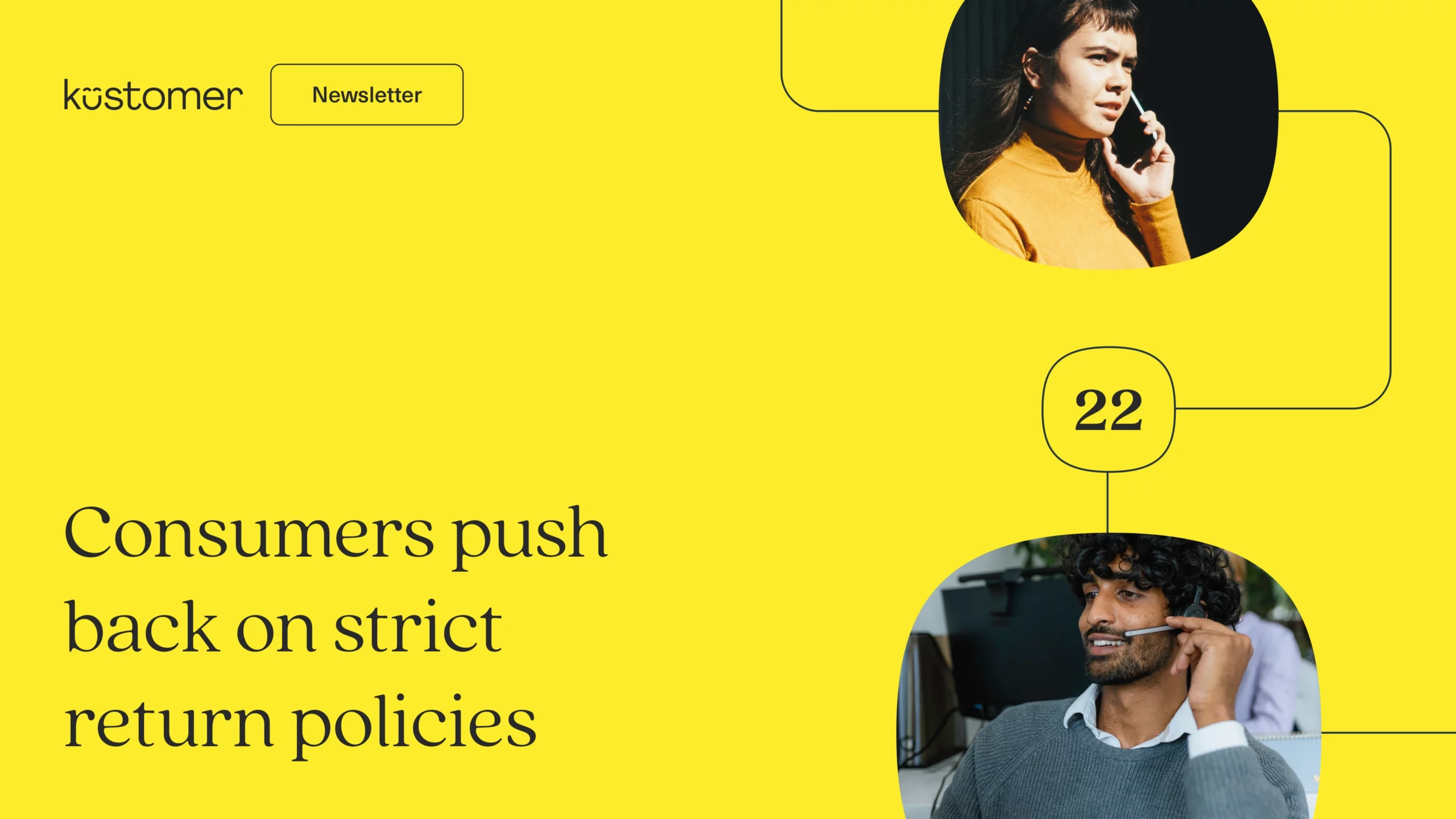I sat down with Lauren Riddle, the Manager of Technical Support at FormAssembly, a secure form builder that integrates with CRM systems, serving clients that need to comply with data privacy standards. We chatted about what she’s seeing in terms of customer needs and the power of AI in technical support.
Check out what her team is doing to harness AI in this interview (which has been lightly edited for clarity):
Hope: What are the top challenges that your team is seeing when it comes to providing technical support?
Lauren: Our team faces challenges with managing increased support volume, always ensuring consistent quality across diverse customer issues, and really just keeping up with rapidly evolving technologies. Technology is always evolving. So there's always new problems and bugs and things that come up that we need to solve.
Hope: What are some of those technologies that you are using or that your team is starting to integrate into those workflows?
Lauren: Some of the technologies that we use, we use Salesforce and there's always new features and new things coming up, but also with our own product. We have product releases nearly every Wednesday, adjust some things or to come out with new features altogether. You know, our technology in-house is always rapidly evolving.
Hope: It's always a changing world, but especially when you are delivering those weekly updates, that's a lot for a team to manage. So to expand on that, since your product is evolving, how have you seen those customer expectations evolve over the past few years?
Lauren: Customer expectations are definitely something that we always have to keep up with. And customers really now expect faster response times, more proactive communication, so rather than reactive communication, and also seamless omni-channel support, really with a growing emphasis on self-service options and personalized solutions. We have a very complex product, so definitely those personalized solutions are very important to our business.
Hope: That seems like quite the tall order when you're combining that with the increased support volume that you just mentioned. So can you share how you are working on those self-service options to manage that volume?
Lauren: Yeah, absolutely. So we do have an AI chatbot that we implemented called Kodif, and it's been absolutely great in terms of ticket deflection and just general self-service for our customers.
It works with our knowledge base. So really it's kind of like leading the horse to water, if you will.
Hope: What are some of the key benefits that you've seen from that on like either time saved or cost saved or like number of tickets deflected?
Lauren: We've definitely seen a very high number of tickets deflected, I know, several hundred per month, which is just absolutely wonderful. It's definitely saved our team lots and lots of time. Like I said, we have a complex product and we offer really personalized solutions to our customers. A lot of troubleshooting, a lot of getting into their forms and really digging in deep and troubleshooting to provide that personalization.
Hope: It sounds like your team has really been able to kind of make use of that freed up time to go provide those personalized solutions. What have your team members thought about it? Are they enjoying the fact that the work is a little bit more nuanced?
Lauren: My team loves it. It's really nice to be able to free up some of their time on basic questions like password resets and just other small things that can be answered via our knowledge base, resources that already exist. So instead of taking the time out of their day to kind of point customers to those resources, they actually get to have AI do that for them. And it frees up more of their time to really dig into their forms, you know, for other clients who are having a little bit more nuanced issues.
Hope: When you have a more challenging issue, it makes the day go by faster and you get to actually do something rather than just feel like you're like a question answer-er. It definitely gets repetitive, so I'm glad to hear that your team is enjoying the fact that their work is more nuanced.
Are there any other things or key initiatives that your team has done with those freed up resources, whether that's your agents or your operational side?
Lauren: We allow for our team two hours per week of continuing education time. So it's really important for our company, for our agents to really grow professionally and personally. So honestly, in having a lot of this ticket deflection allows for us to give them more of that continuing education time so that they can work on building skills, whether it be within Salesforce or with other operating systems that we use like New Relic. It really has been a positive in terms of freeing up those resources and allowing our team to really focus on things that will help them grow personally and professionally.
Hope: How long has your organization been doing the continuing education? Has that been more of a recent initiative or have you been able to just spend more time on it with the advances in AI?
Lauren: This is something that's been implemented since I've started at the company nearly two years ago. But it's, you know, sometimes when the queue is a little bit crazy, you know, we do have to hold off on that continuing education time. So implementing AI has definitely increased the amount of time that our team has been able to spend on that continuing education.
Hope: That's another really great point about AI - it can bring about a little bit more predictability as a lot of those very easy, straightforward questions can be answered by the AI using the knowledge base. And so that brings just the opportunity to consistently make time for those extra things for your team, which just builds just a better work environment.
Before we go, what other advice would you give to other CX leaders who are kind of balancing the need for those faster resolutions that customers have come to want with that demand for more personalized support?
Lauren: I think really to balance that speed and that personalization, it's really crucial to leverage automation - whether that's within your CRM, your ticketing system, and AI for more routine tasks, like I mentioned, while also empowering your support agents with the tools and the knowledge that they need to provide tailored solutions and provide those tailored solutions quickly at that.
Thanks to Lauren for sharing her expertise within the technical support niche of customer experience!




